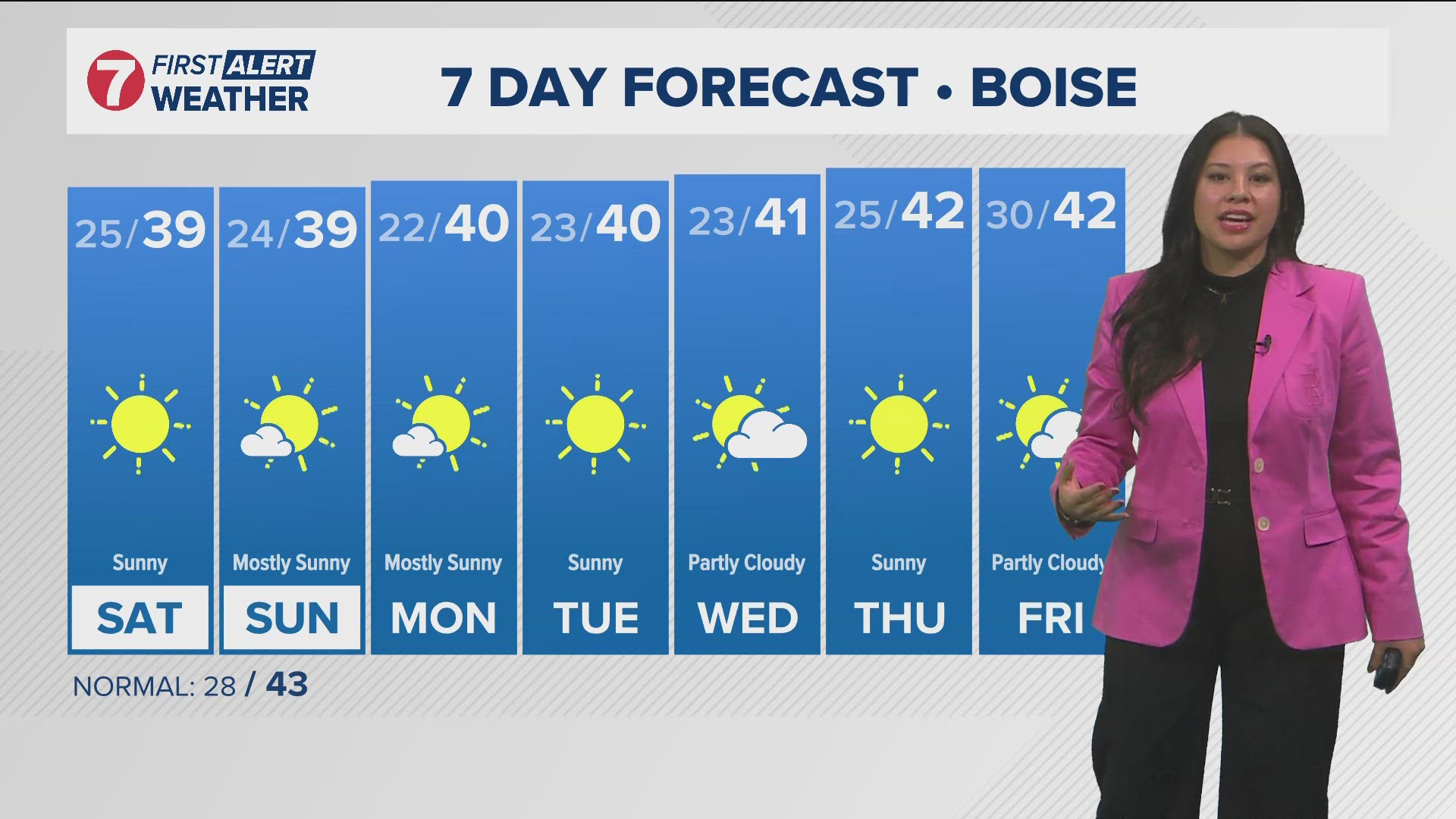BOISE, Idaho — Idaho’s Board of Health and Welfare has removed a controversial rule that required transgender minors get doctor’s approval before changing the gender on their birth certificate.
The board approved the rule last spring, but this week learned it didn’t get enough votes, according to the Idaho Press.
After a closed-door executive session meeting with attorneys Thursday, board Chairman Darrell Kerby announced that the rule was “vacated,” because when it was approved, it didn’t get the required four affirmative votes. At the board’s May 16 meeting, the rule drew three “yes” votes, one “no” vote, and one abstention.
Sen. Fred Martin, R-Boise, the Senate Health and Welfare Committee chairman and a non-voting member of the state board, said he was discouraged.
“Before hearing about this, I felt like I at least had a path forward,” he said.
Idaho lost a federal court case in 2018 after a judge ruled that the state violated the constitutional rights of two transgender women who were denied permission to change the gender on their birth certificates to match their identity. Idaho was one of just a handful of states that didn’t allow such changes. Just two, Tennessee and Ohio, still don’t; both states’ laws are currently being challenged in court.
Idaho complied with the court order, but last spring, the state Board of Health and Welfare added a clause to its rules saying that anyone under 18 would need a medical provider’s sign-off for such a change. Previously, only parental consent was required.
Martin said he viewed that proposal as a “compromise” that he was optimistic state lawmakers could support. Attorneys for the parties who sued objected, saying the clause, too, was unconstitutional and violated the court order. The Department of Health and Welfare received numerous public comments from Idahoans who said they didn’t want to allow birth certificate gender changes at all, despite the court order and the constitutional issues.
Kerby, shaking his head, said, “It’s just a very controversial issue that’s come up. It’s like any issue that’s brand-new. It takes a while to wrap your mind around it. … Society’s just going to have to work through it.”
He added, “I think we’re on the front edge of that right now, figuring out where we want to go.”
Martin said he’s hearing from other lawmakers who want to propose “legislation that to me would be problematic, in requiring even tests of DNA or chromosome tests to determine the sexuality and that’s the only sex that can be on the birth certificate.
“We have a court ruling. I would hope that what we do propose and hopefully pass, as much as we can, would be what would be upheld,” he said. “I wouldn’t want to pass something that I knew for sure was going to be overturned, for obvious reasons — one, the cost, but also, why would we do that?
“I believe there will be an effort to proceed forward,” Martin said. “I would hope it would be one that would pass legal and personal parameters.”
For now, Idaho is back to the rule that was in place before last May, following the court’s order and permitting minors to make the changes if they have parental consent.
Kathy Griesmyer of the American Civil Liberties of Idaho said the proposed legislation Martin referred to “sounds very scary and would likely be in conflict with the judge’s order.”
She said, “A lot of states, either as a result of litigation or legislation, have updated this process.”
The federal court found that by denying transgender people who were born in Idaho an opportunity to have birth certificates that match their identity, they were subjected to discrimination, as other people could get matching identity documents. The plaintiffs said they were subjected to harm as a result, including the involuntary disclosure of their transgender status, harassment, discrimination and even violence.
In the court ruling, U.S. Magistrate Judge Candy Dale wrote that to comply with the U.S. Constitution’s Equal Protection Clause, “Any new rule must not subject one class of people to any more onerous burdens than the burdens placed on others without constitutionally appropriate justification.”
More from our partner Idaho Press: After year in jail, Canyon inmate acquitted of charge



